Andrea Belag
Question:
On why I am not a gestural painter, or, am I?
Answer:
A gesture is one because it represents something, because it is concerned with a meaning.
GESTURES, Vilem Flusser, Univerity of Minnesota Press, 2014, p 4
In my experience everything visible in an abstract painting establishes meaning within the context of the painting. Therefore, according to Vilem Flusser, a representational gesture can only be found in a representational painting. Brushstrokes that reveal the movement of a painter’s arm leave a trace of the artists’ presence. This is not a representation but it is meaningful.
The desire to push back the artists hand into the realm of the invisible was a trope of post-modernism. Originality, emotion, and presence were questionable characteristics and were rejected as being nostalgia for bygone days or corrupted by the marketplace. But what has become visible instead? For one, digital art that is applauded especially when it reveals the snafus, the humanness of production. The public has a love/hate affair with the artist and a gesture in paint is an embarrassing reminder of our corporeal reality. It is a visual faux pas.
Can we compare gestures created by Pina Bausch or Mark Morris to traces of my hand in my abstract paintings? I think not. Mark Morris and Pina Bausch create work that explores the human condition and the figure is paramount. Mark Morris reinterprets music through dance and Pina Bausch creates theater out of emotion and both of their works exist in narrative time. I am in awe of their accomplishments.
I could note the dramatic flooding, falling, plunging and collapsing gestures in Pina Bausch’s works and they are inspiring. But other artists’ images are predigested ideas and they take me astray. It is when I rid myself of other voices that a painting begins.
My paintings are made with paint, brushes, rags and knives on a pristine surface. I apply the paint directly and without affect to cover the ground in each painting session. I use a knife as a tool of both creation and destruction and cut through a color to reveal another layer. I find meaning when I discover the configuring of an abstract image. I don’t showcase mark making; it is the result of painting.
As a matter of fact, I would be fetishizing the painting surface if I tried to remove my hand. I prefer the signs of life and the richness of a varied and informally painted surface. It sometimes makes me uncomfortable and I feel exposed but that’s life.
My relationship to the painting surface is one of intimacy. Sometimes my hand slips in and sometimes I wield a knife boldly. There is nothing perfunctory and my touch is a high form of concentration.
Much has been made of the arena of painting and the performative act of painting. But for me it is necessarily a solitary act because of the level of concentration I need to make decisions in a painting session. There is no music, no telephone, no internet, no assistants while I paint. I walk around the painting to complete a form in a continuous and controlled motion. I can virtually see what I am doing because I have internalized the painting.
My studio practice is open to chance and focused on intelligent decisions that are driven by emotion. I accept imperfection and doubt and I destroy the evidence of failure. When I am working well it is a fully integrated activity that represents the best of me.
One Question/One Answer is a series of very, very brief conversations about art and life between Romanov Grave and a variety of extraordinarily interesting artists.
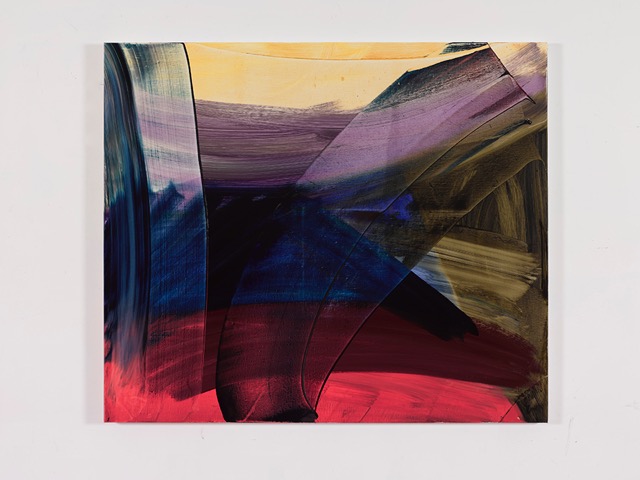
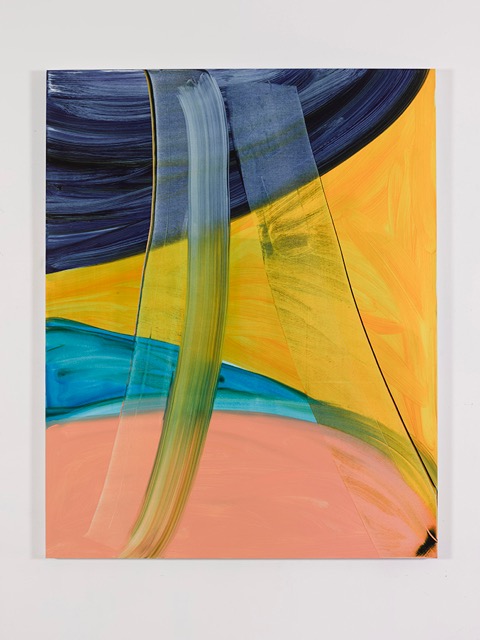
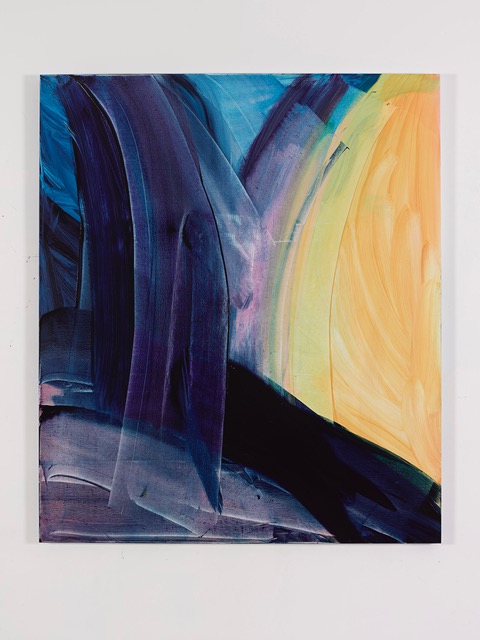
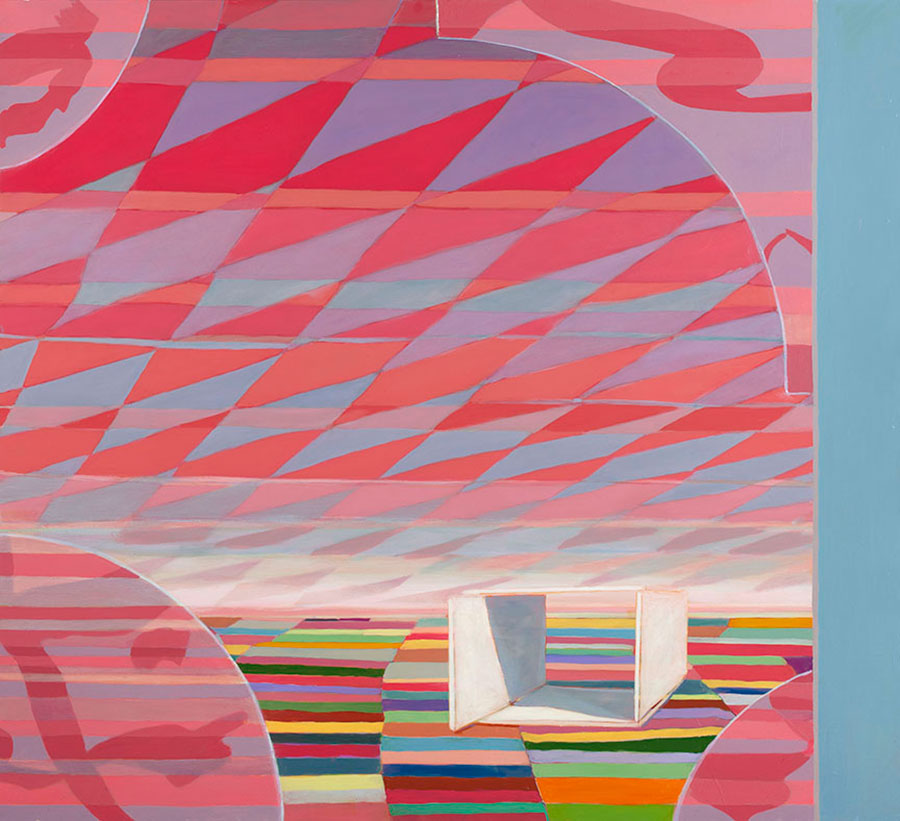
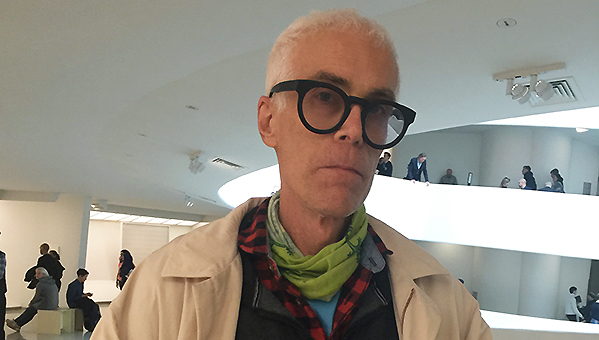
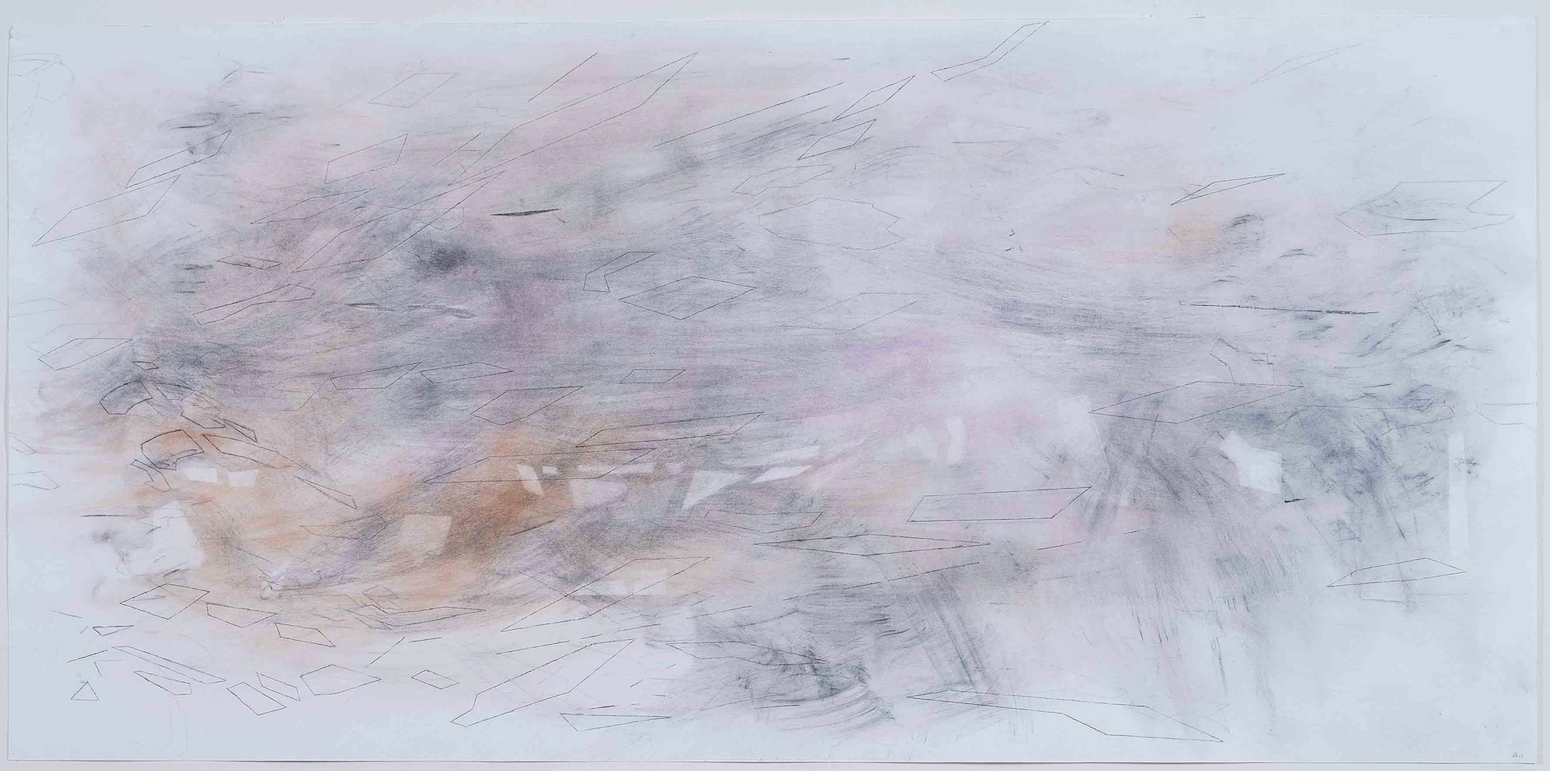
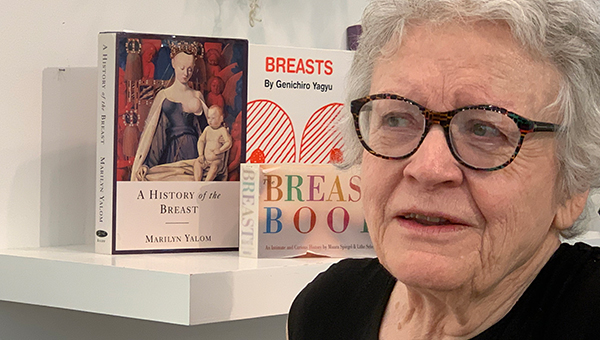
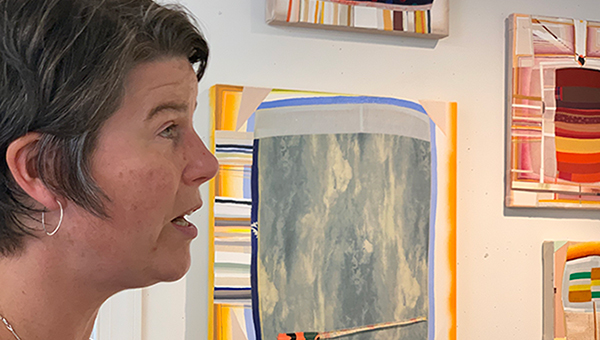

Well said and inspiring, Andrea!
-Claire
So well spoken and incredible work represented here!
Best,
Paul
Andrea, fascinating. What extraordinary paintings over the summer! I do have some comments and will post later.
So well expressed and honest. Lots to think about. love this “I accept imperfection and doubt and I destroy the evidence of failure” , i.e. start over?